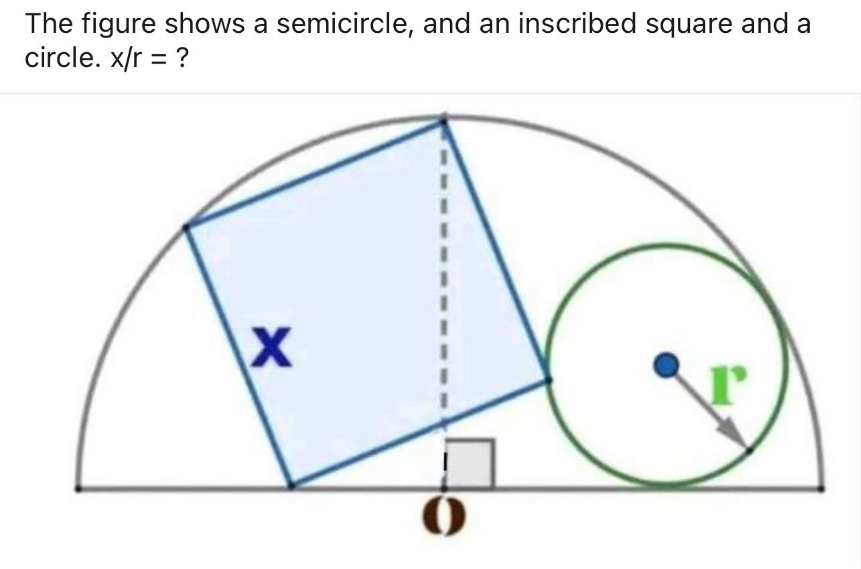
MensurationQuestion and Answers: Page 1
Question Number 206808 Answers: 2 Comments: 0
Question Number 206294 Answers: 2 Comments: 2
Question Number 206212 Answers: 2 Comments: 4

Question Number 203605 Answers: 0 Comments: 3
$$\mathrm{Value}\:\mathrm{of}\:\boldsymbol{\mathrm{x}}? \\ $$
Question Number 200249 Answers: 1 Comments: 1
Question Number 198749 Answers: 0 Comments: 0
Question Number 197950 Answers: 0 Comments: 0
Question Number 197834 Answers: 2 Comments: 0
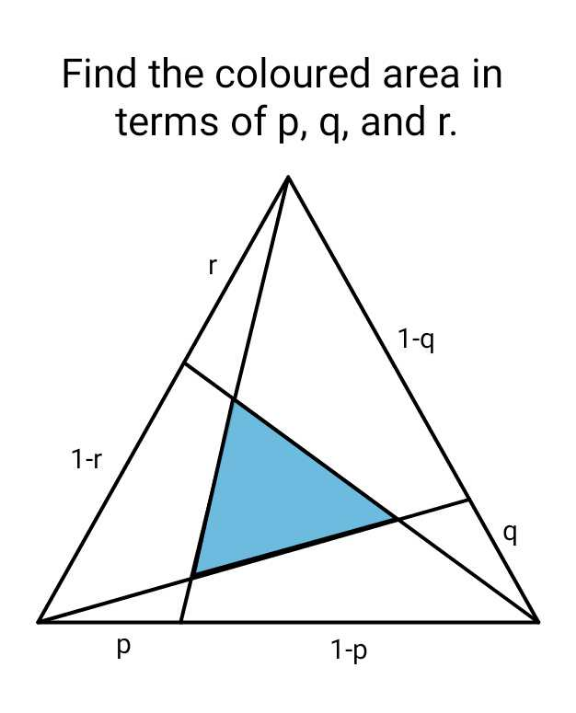
Question Number 197569 Answers: 0 Comments: 2
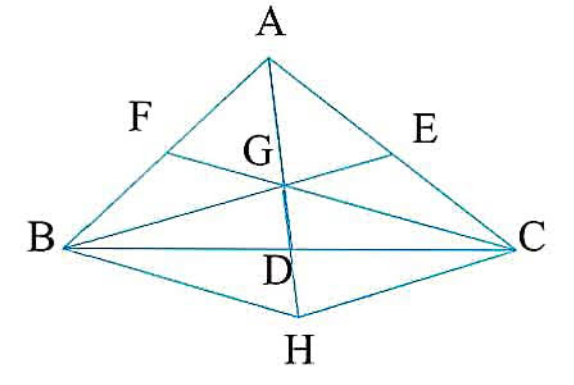
Question Number 197128 Answers: 1 Comments: 1
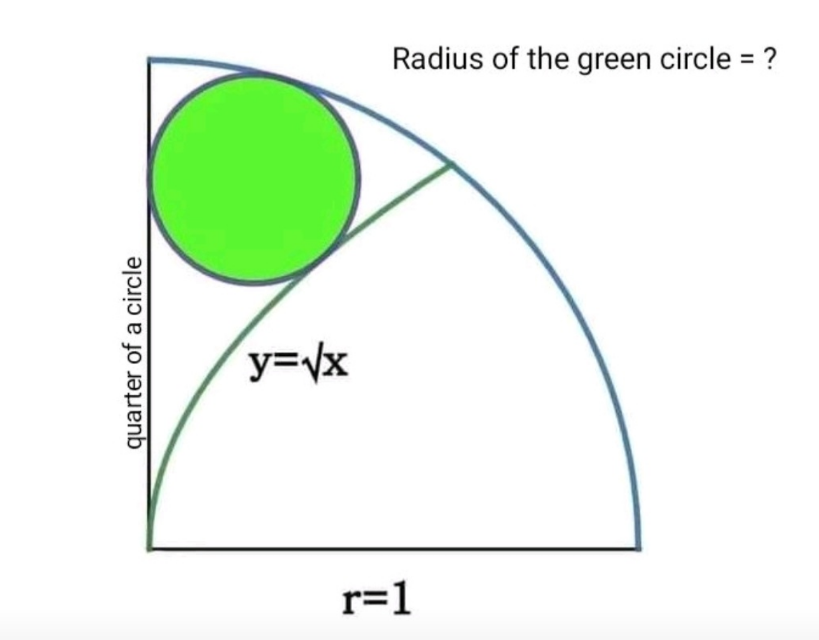
Question Number 196571 Answers: 2 Comments: 0
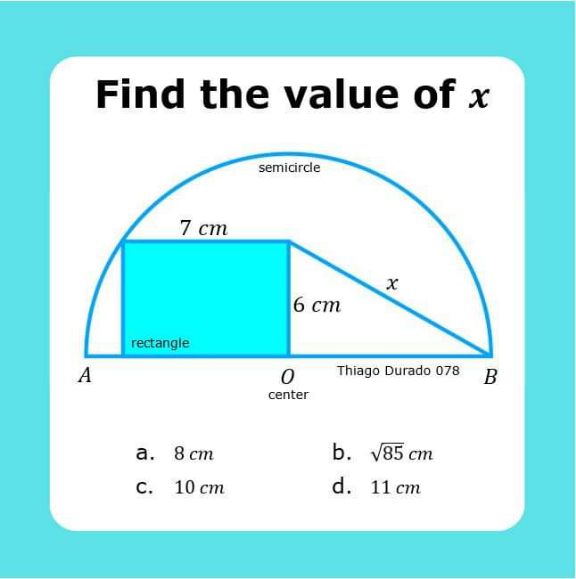
Question Number 196320 Answers: 1 Comments: 0
Question Number 196084 Answers: 1 Comments: 0
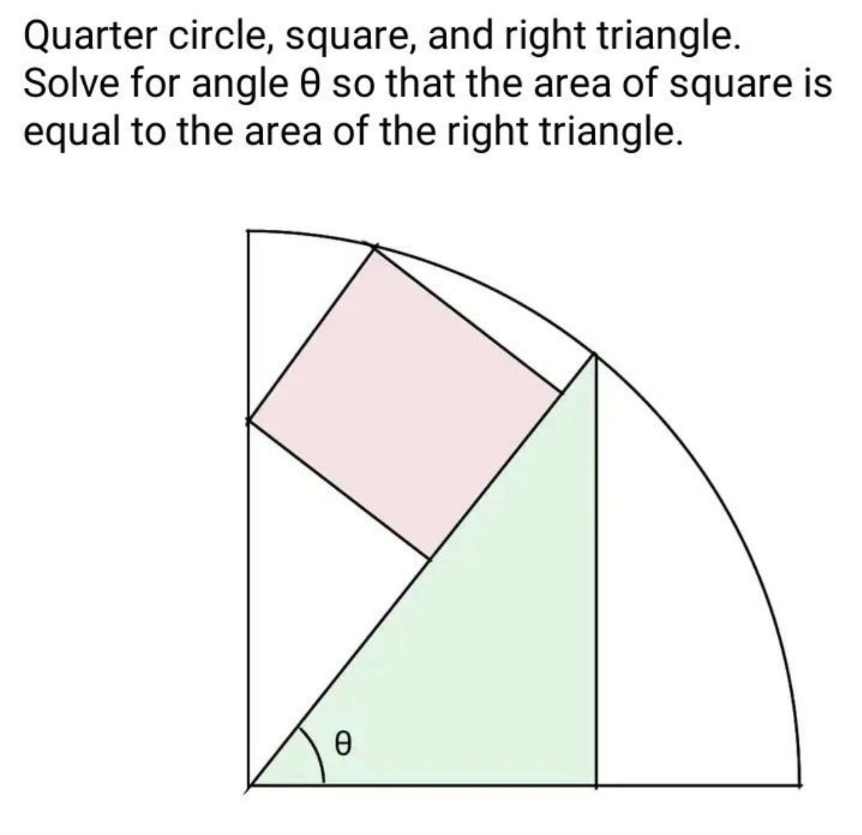
Question Number 195790 Answers: 1 Comments: 2
Question Number 195611 Answers: 1 Comments: 0
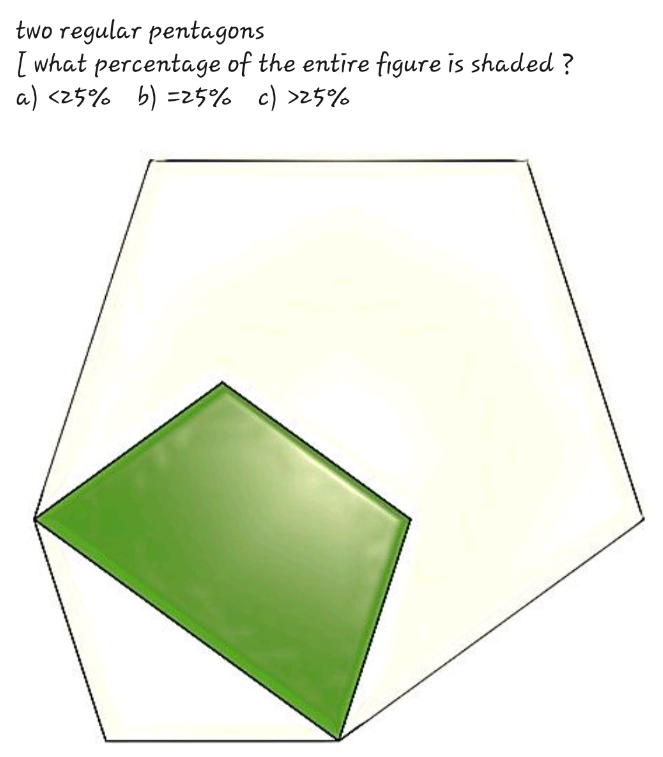
Question Number 195570 Answers: 1 Comments: 2
Question Number 195590 Answers: 1 Comments: 0

Question Number 195484 Answers: 1 Comments: 0
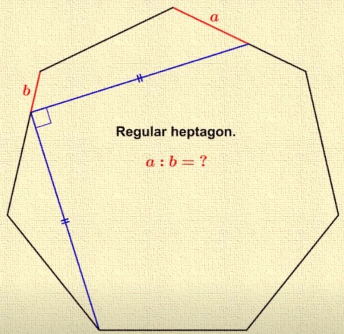
Question Number 195470 Answers: 2 Comments: 0
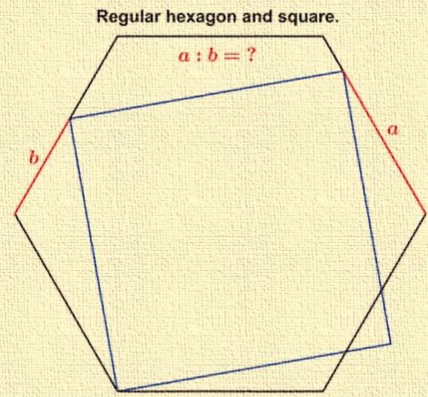
Question Number 195322 Answers: 1 Comments: 0
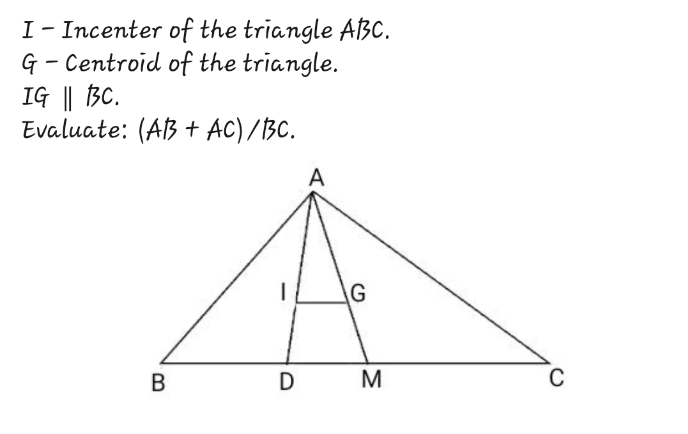
Question Number 195178 Answers: 2 Comments: 0
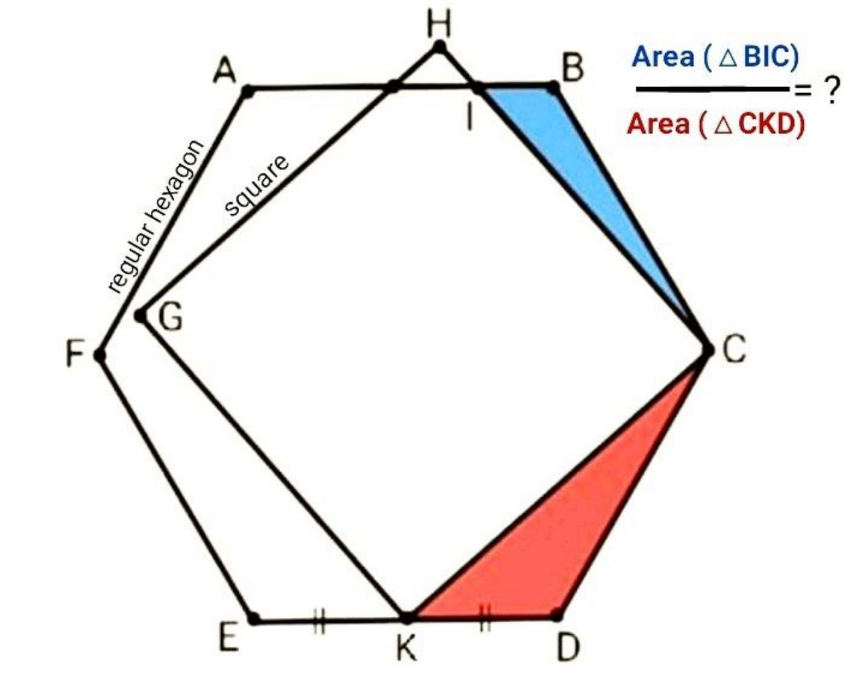
Question Number 194985 Answers: 0 Comments: 0
Question Number 194967 Answers: 1 Comments: 0
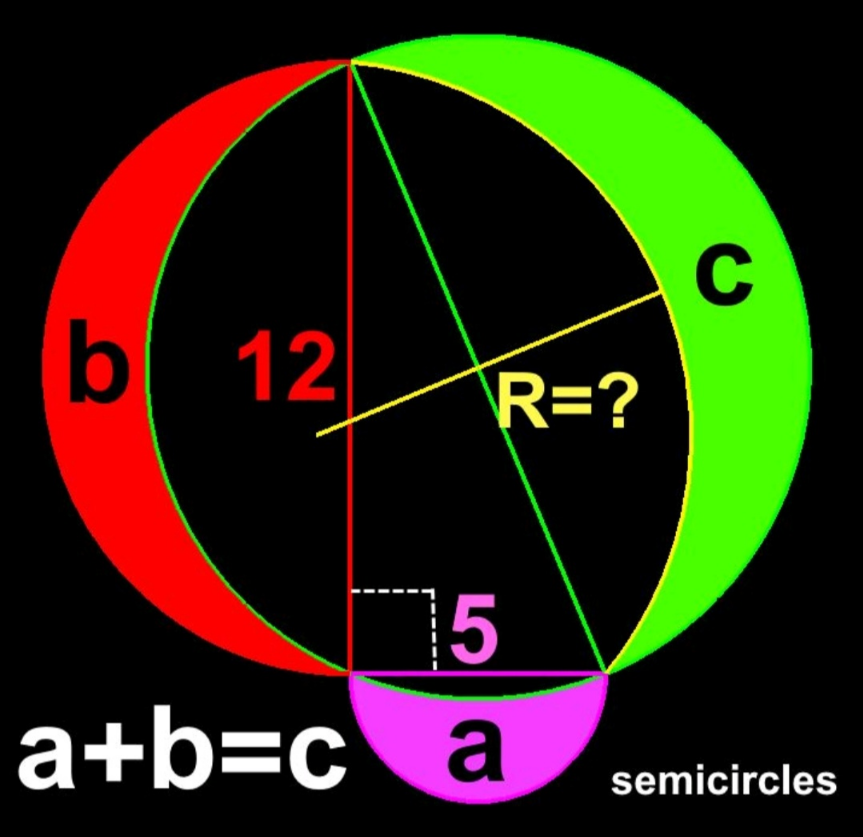
Question Number 194796 Answers: 1 Comments: 0
Question Number 194713 Answers: 0 Comments: 2
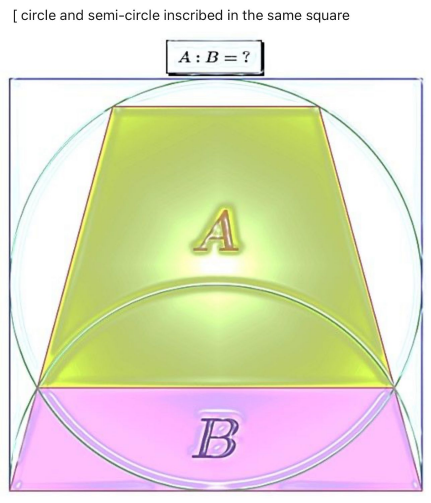
Question Number 194464 Answers: 1 Comments: 0
